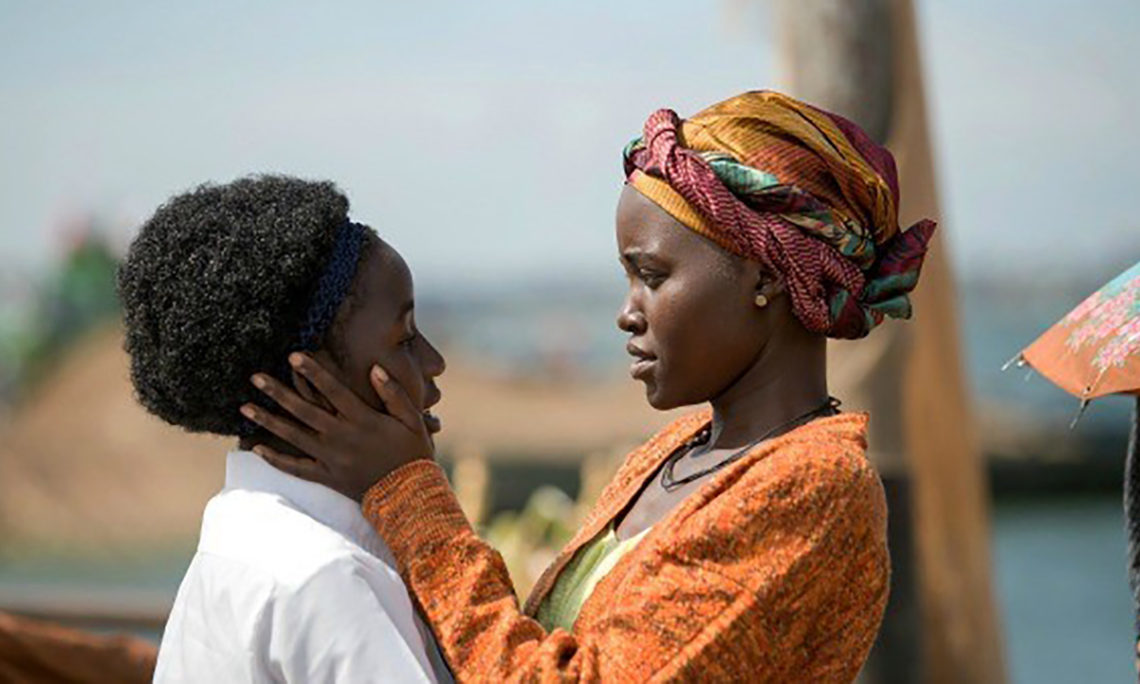
Susan Narjala
Keeping it Real

Where You Believe You Belong
When Disney teams up with ESPN you expect a feel-good movie about a sport star. Maybe a baseball movie about the kid from the inner city who ends up playing in the major leagues. Or maybe you expect a basketball flick about … pretty much the same thing.
What you don’t quite expect is a movie about chess. Not in the slums of Uganda. Those two things don’t really scream Disney. Or ESPN.
The hubbers and I watched Queen of Katwe couple nights ago. For some background info about us, I usually throw a minor tantrum when it comes to date nights at the movies. Yeah, I’m high maintenance like that: movie dates pretty much rule out conversation (Except for discussions about whether to get the swimming pool size of popcorn that can possibly feed an entire country). Any other ladies with me on this one? We don’t even care about “meaningful” heart-to-hearts. Just conversation that doesn’t involve counting to three, saying “Eat two more bites,” or “Good job!” approximately 35 times a day.
But to get back to the topic: Queen of Katwe was an exception. I’ll go out on a limb and recommend it for date night. Yup, even if it means minimal conversation.
The movie is set in Katwe (Uganda), a slum hanging by a thread to the concept of being survivable. Katwe overflows with sewage and garbage, which in true Mira Nair style is almost palpable, visceral to the viewer. You want to cover your nose or somehow shield your sanitized world from the onslaught of feral poverty.
But the film is also with filled with bright, beautiful children with big dreams – and the fight inside them to chase down those dreams. Children like Phiona Mutesi who with the help of her coach Robert Katende discovers a passion and genius for chess and goes on to win major tournaments and turn things around for her family.
I ached with Phiona’s family as they go through the horrors of living in the slum beset by desperate poverty. I cried when she lost a game, felt her pain at being mocked, winced when others wiped their hands clean after shaking hers.
But never once did I go ‘poor Phiona.’ And I think that’s the beauty of the movie. Phiona who walked the streets selling maize instead of going to school, Phiona who smelled like the slum because she had no running water, Phiona who relished every last drop of her mug of porridge. You live in her world for those two hours. But you never pity her.
In the movie Coach Robert says to Phiona:
“Sometimes the place you are used to is not the place you belong. You belong where you believe you belong. Where is that for you?”
You belong where you believe you belong.
Maybe that’s something you and I need to hear today. Maybe we feel trapped in a slum of sorts, a desperate poverty of mindsets, perhaps. Maybe you’re “used to” being told you’re not good enough. Maybe you’re familiar with places where you’re told to stay average and not draw attention to yourself. Maybe you’re used to dreams being shelved and plans being packed away.
But what if you don’t belong there?
What if you belong where you believe you belong?
What if you believe that you’re destined for more?
What if you believe that you can do all things in Christ?
What if you believe the world needs you to dream bold, scary dreams? Because no one ever changed the world with safe, timid ones.
Maybe you’re destined for the big league like Phiona.
Maybe you meant to invest in someone else’s life like Coach Robert. Maybe you’re meant to put people above a paycheck like his wife – one of the movie’s unsung heroes who takes deserving kids into her home to teach them and nurture them, even if the world doesn’t consider that “successful.”
You belong where you believe you belong.
Where is that for you?


Comments
2 Comments
Jacob
Fantabulous!
Rebecca
Romba nalla! I am totally going to share this with one of my kids. He totally needs to hear it! And I totally need to watch this movie! Thanks for sharing!